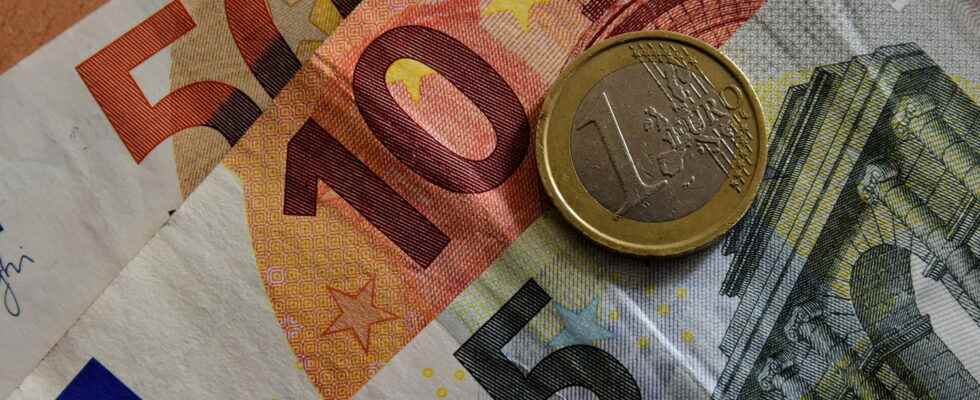CAMPAIGN FINANCING. The presidential campaign is in full swing. A few weeks before the election, a multitude of questions will certainly torment you: how do the candidates manage to finance their campaign? what are the rules for the presidential election? We will explain everything to you.
[Mis à jour le 4 mars à 17h31] The presidential election on Sundays April 10 and 24, 2022 is fast approaching. Candidates only have a few weeks left to campaign. A campaign that often costs a lot of money and, above all, that is very framed. Because yes, the National Commission for Campaign Accounts and Political Funding (CNCCFP) is watching the grain. An electoral campaign, moreover for the presidential election, is particularly supervised. Its funding is highly regulated. Candidates must comply, otherwise they will be sanctioned by the CNCCFP. We explain everything to you in this article.
Two rules mainly govern the financing of the campaign of a presidential candidate. First of all, he must maintain a campaign account. Inside, it must list the origin of the revenue and the nature of the expenses incurred. To do this, it is impossible for him to take care of it himself. The law provides for a financial agent to be appointed. Once the presidential campaign is over, the candidate has until the ninth Friday following the second round of the ballot to submit his campaign account to the National Commission for Campaign Accounts and Political Funding (CNCCFP). In addition, an organic law, that of April 25, 2016, specifies that: “Each account includes in annex a detailed presentation of the expenses incurred by each of the political parties and groups which have been created with a view to providing support to the candidate or which provide it with their support, as well as direct or indirect benefits, services and donations in kind provided by these parties and groups. The entirety of this appendix is published with the account.” The other essential rule is that of not exceeding an expenditure ceiling. It is set at 16.851 million euros for each candidate present in the first round and at 22.509 million euros for those qualified in the second round, as indicated by the decree of December 30, 2009.
The campaign accounts of candidates for the presidential election have been regulated since the publication in the Official Journal of the laws of March 11, 1988 and January 15, 1990. These two laws on the functioning of democratic life provide that the campaigns of each candidate must be organized by an election financing association. In 2013, laws relating to the transparency of public life reinforced the system. Finally, the laws for confidence in political life that came into force in 2017 have completed the framework for the campaign accounts of presidential candidates.
Reimbursement of a portion of campaign costs is provided for by law. Thus, the candidates who did not obtain 5% in the first round of the presidential election will be reimbursed 4.75% of the expenditure ceiling for the first round, ie 800,423 euros. For those who have obtained more than 5%, a reimbursement of 47.5% of this ceiling, or 8,004,225 euros, is planned. Candidates qualified for the second round will also have a reimbursement of 47.5% but which will apply to the second round expenditure ceiling, i.e. 10,691,775 euros. Regardless of the candidate’s situation, the amount collected cannot exceed the expenses incurred in the campaign. It is the National Commission for Campaign Accounts and Political Funding (CNCCFP) that oversees these expenses. In the event of an infringement, pecuniary and penal sanctions are provided for: a candidate who has exceeded the expenditure ceiling must pay the amount of the overrun to the Public Treasury.
Before thinking about being reimbursed for campaign expenses, you still have to find funding. This is the case of Marine Le Pen. Indeed, his party, the National Rally (RN), has all the trouble in the world to find funds to finance the various national and European campaigns. For the 2022 presidential election, the RN candidate borrowed 10.5 million euros from a Hungarian bank, French banks having refused to lend her the sum. Marine Le Pen was moved by it FranceInfo : “It should not be left to the banks and the executive to decide who can be a candidate or not.” However, a mediator is in charge of promoting interactions between the banks of the national territory and the candidates. In 2017, Emmanuel Macron had imagined a bank of democracy. The idea never got past the project stage.
